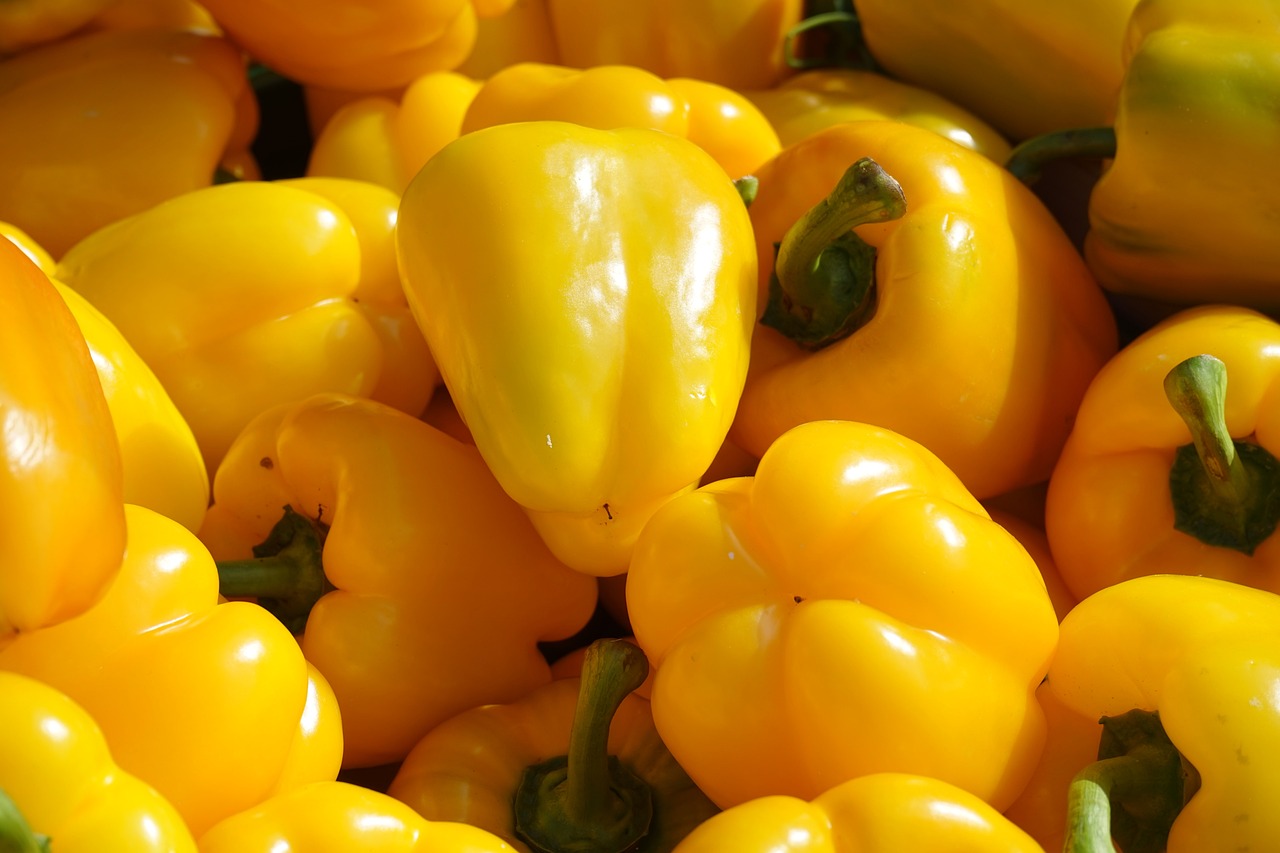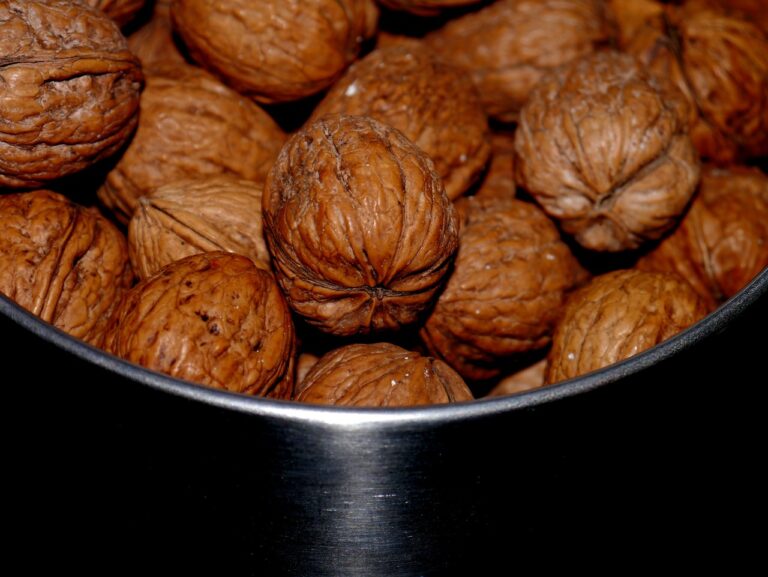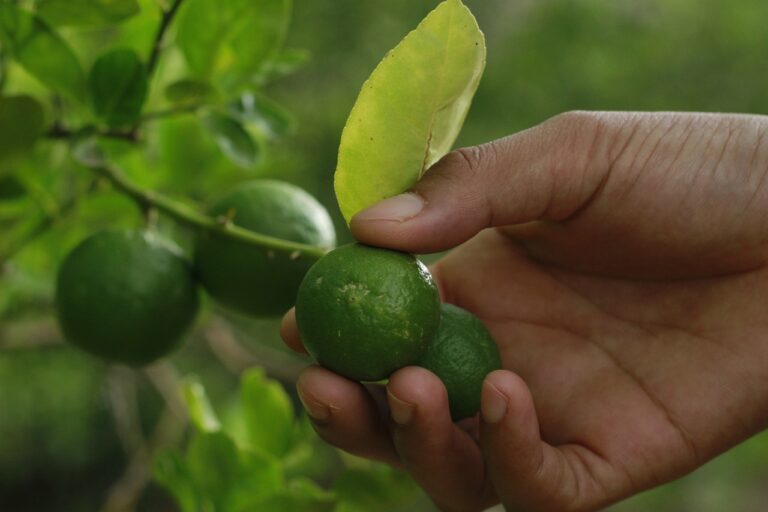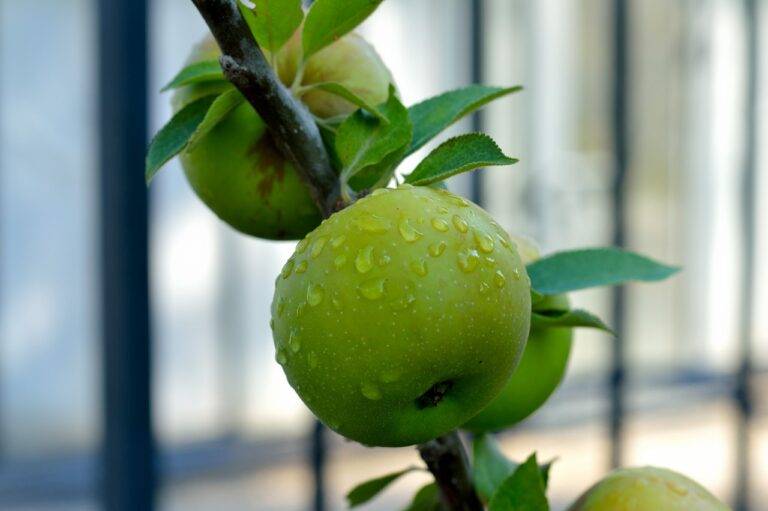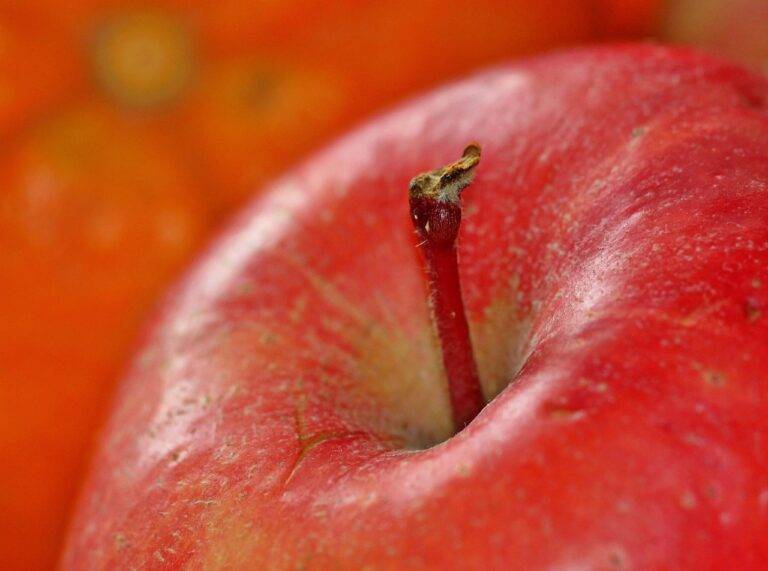Understanding the Role of Nut and Seed Processing in Urban Food Security: 11xplay pro, 24 betting login india, Skyinplay live login
11xplay pro, 24 betting login india, skyinplay live login: Understanding the Role of Nut and Seed Processing in Urban Food Security
In today’s fast-paced urban environment, ensuring food security for all residents is of utmost importance. With limited access to fresh produce and often high prices for healthy foods, many urban populations struggle to maintain a balanced diet. This is where nut and seed processing plays a crucial role in promoting urban food security.
Nut and seed processing involves various techniques such as roasting, grinding, and packaging to make these nutritious foods more accessible and convenient for urban consumers. By processing nuts and seeds, we can extend their shelf life, enhance their flavor, and create versatile products that can be easily incorporated into everyday meals.
Let’s delve deeper into the importance of nut and seed processing in promoting urban food security:
1. Nutrient-rich options for urban dwellers
Nuts and seeds are known for their high nutrient content, including healthy fats, protein, fiber, vitamins, and minerals. By processing these foods, we can create nutritious options for urban dwellers who may not have access to fresh produce regularly. Nut butters, seed bars, and roasted nuts are just a few examples of convenient and nutrient-rich products that can help urban residents meet their daily nutritional needs.
2. Sustainable food sources
Nuts and seeds are considered sustainable food sources as they require fewer resources such as water and land compared to animal products. By promoting the consumption of nuts and seeds through processing, we can help reduce the environmental impact of food production in urban areas. This is especially important as urban populations continue to grow, putting pressure on limited resources.
3. Diversifying food options
Nut and seed processing allows for the creation of a wide range of products that can add variety to urban diets. From flavored nut mixes to seed-based spreads, processed nuts and seeds offer flavorful options that can appeal to different taste preferences. This variety can help encourage urban residents to incorporate more plant-based foods into their diets, promoting overall health and well-being.
4. Supporting local economies
By investing in nut and seed processing facilities in urban areas, we can support local economies and create job opportunities for residents. Processing facilities can source nuts and seeds from local farmers, creating a direct link between producers and consumers. This not only stimulates economic growth but also promotes food security by ensuring a steady supply of nutritious products within the community.
5. Addressing food waste
Processing nuts and seeds can also help reduce food waste by extending the shelf life of these perishable items. By roasting nuts or grinding seeds into flours, we can prevent spoilage and make use of excess produce that may otherwise go to waste. This sustainable approach to food processing can help minimize the environmental impact of food production and distribution in urban areas.
6. Enhancing food accessibility
Nut and seed processing plays a critical role in making healthy foods more accessible to urban populations. Processed nut butters, seed snacks, and granola mixes are easy-to-grab options that can be enjoyed on the go or incorporated into meals with minimal preparation. By offering convenient and nutritious foods, we can help bridge the gap
between urban residents and healthy eating habits.
FAQs
1. What are some popular nut and seed processing techniques?
Popular nut and seed processing techniques include roasting, grinding, blending, and packaging. These methods help enhance the flavor, texture, and shelf life of nuts and seeds, making them more appealing to consumers.
2. How can nut and seed processing contribute to urban food security?
Nut and seed processing can contribute to urban food security by providing nutrient-rich options, diversifying food choices, supporting local economies, reducing food waste, and enhancing food accessibility for urban populations.
3. Are processed nuts and seeds as healthy as raw ones?
Processed nuts and seeds can be just as healthy as raw ones, depending on the processing methods used. Avoiding added sugars, oils, and preservatives can help preserve the nutritional integrity of nuts and seeds during processing.
4. How can consumers support nut and seed processing for urban food security?
Consumers can support nut and seed processing for urban food security by choosing locally processed products, advocating for sustainable food practices, and promoting the benefits of incorporating nuts and seeds into their diets.
In conclusion, nut and seed processing plays a vital role in promoting urban food security by providing nutrient-rich options, diversifying food choices, supporting local economies, reducing food waste, and enhancing food accessibility for urban populations. By investing in sustainable processing techniques and promoting the consumption of processed nuts and seeds, we can help create a more resilient and healthy food system for urban communities.

